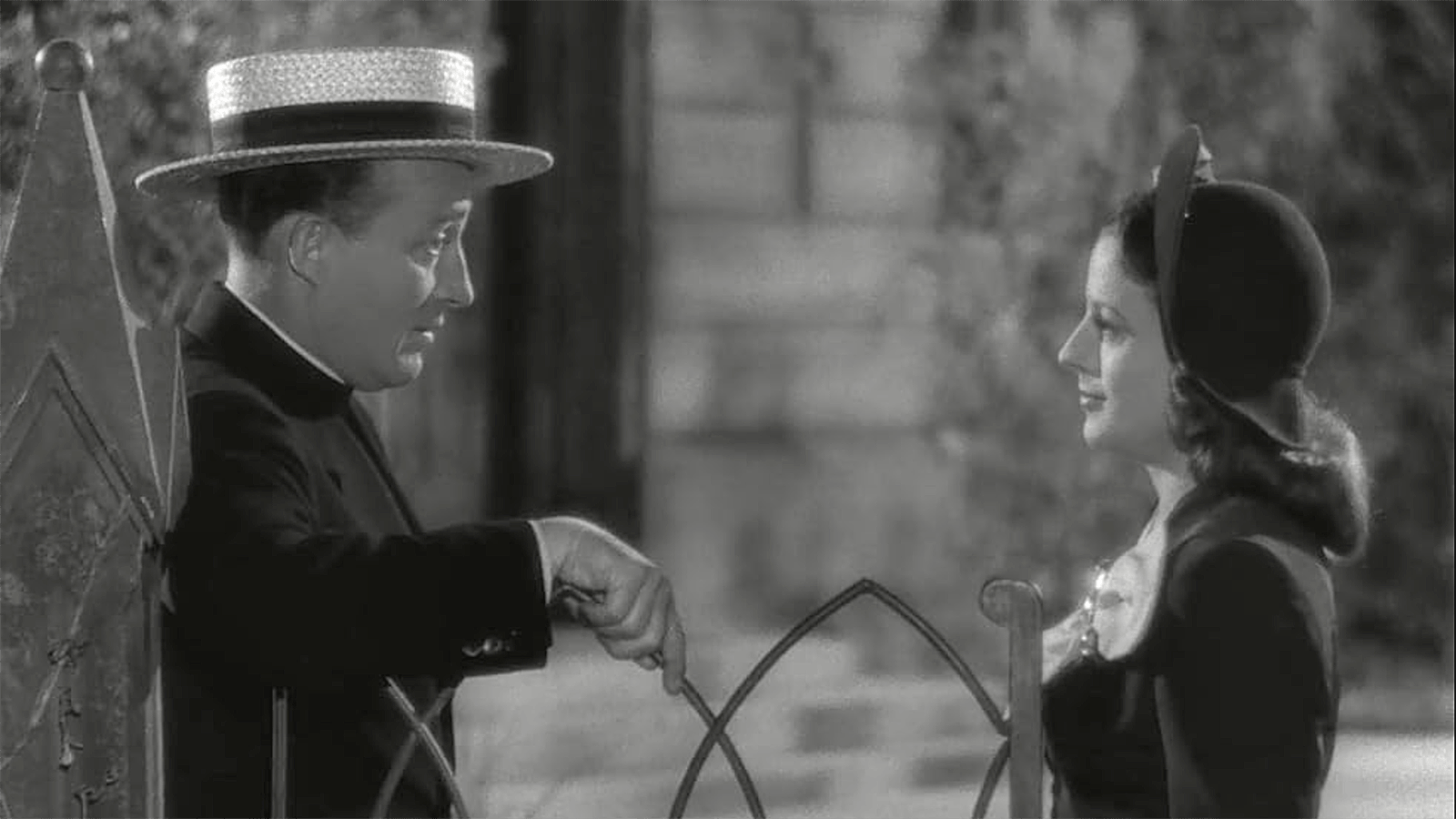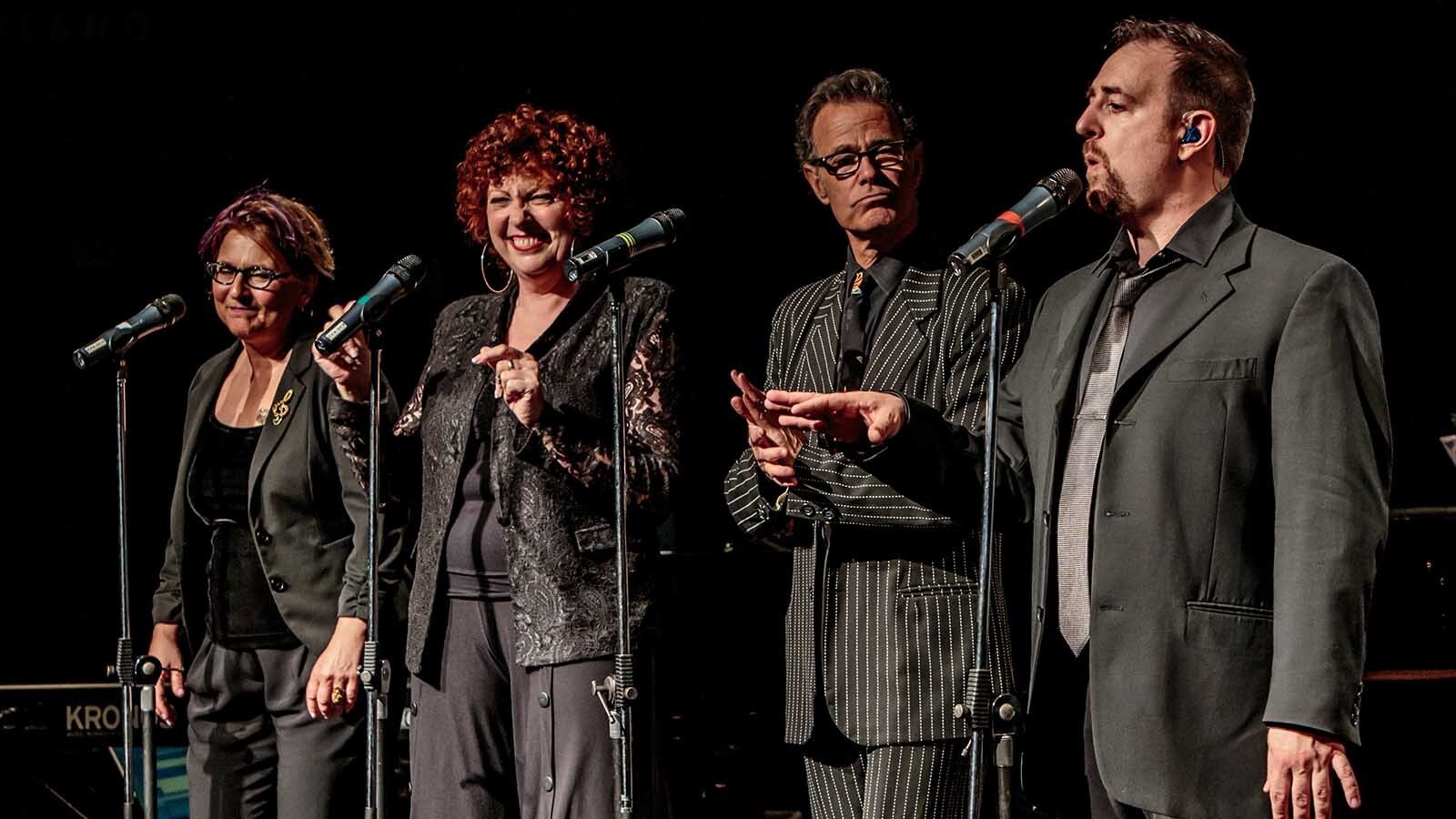When tourists can’t find any bison in Yellowstone National Park, they can head to Hot Springs State Park in Thermopolis, Wyoming.
For more than 100 years, Wyoming’s official bison herd has roamed the red hills of the state park. The 640 acres these beasts call home are dubbed the Bison Pasture and are covered with native grass and sunflowers.
The 15 bison — two bulls and 13 cows — that comprised the original herd had first arrived in May 1916, taking the train into town instead of traveling by hoof.
Once in Thermopolis, cowboys arrived at the railroad corral to usher the mighty animals to their new home in what was then known as the Hot Springs Reserve.
It is only appropriate that Wyoming has its own official herd, said Hot Springs State Park Superintendent Chris Delay.
“Bison screams Wyoming,” Delay said. “People love seeing them and we have locals that go up in the bison pasture and see their favorite bison every day.”
Today, the herd remains the same size as the original 1916 herd to maintain their health and that of their pasture.
Thunder & Lightning
Over the years, many bulls have led the herd. Some were simply known as the "old bull" by locals while others had more formal names such as Flower and Conan.
Since 2022, the herd has been led by two bulls that were unnamed until earlier this year when the staff from the state park ran a naming contest.
Now the two are known as Thunder and Lightning, although park maintenance tech Jody Lang said it's impossible to tell which bull is which.
“Right now, I just identify them as one has a green tag and one doesn't,” Lang said. “One is a 5-year-old and one is a 3-year-old.”
Other than those differences, the two bulls are nearly identical and watch over their small herd of cows and calves together.
“They are pretty easygoing most of the time,” Delay said. “They don't get too far from the main herd. So far, both bulls have played pretty nice with each other and haven't had to argue who is boss that we can tell.”
This year, every cow had a calf so 13 young ones are roaming the pasture. The park usually sells off these calves as soon as they are weaned but ended up keeping two calves from the year before that had been born late in the season.
Bringing Back The Bison
Bison still roamed the west in the 1860s but, within three decades, these mighty beasts of the plains were few and far behind. The last recorded sighting of a wild bison in the Big Horn Basin was reported by the Fremont Clipper in January 1891. A man had reported seeing a lame bull near Fenton and the sighting was so rare it made the news.
When the state brought in a new bison herd, born and bred in captivity, it caused quite the stir according to the March 1916 Thermopolis Record.
The locals celebrated the return of the animals to the area and a crowd gathered at the railroad depot to welcome them to their new home.
Old timers who had seen vast herds roaming the plains said that the leader of the herd was a “magnificent specimen of the native bison.”
The reporter said that all agreed it was only right that the state’s first bison herd should be brought to Thermopolis, home of the hot springs.
“Bison at one time numbered somewhere between 30 to 60 million,” Delay said. “So it's good to be having herds of bison growing again.”
Keeping The Herd Healthy And People Safe
Since space is limited in the Bison Pasture, the state park staff try to maintain a herd of about 15 animals year-round.
“We auction off the calves each year to try to help maintain that number,” Delay said. “Every late fall, early winter, we put them out to public bid.”
The bison that remain roam the park and are unfazed by the motorists who drive slowly by, taking pictures and staring at these symbols of Wyoming.
The park staff supplements the bison’s diet with a grain cake packed with good nutrients and the bison recognize their state trucks when they arrive with this treat.
The bulls have been known especially to get a bit pushy when it is time to eat and have stuck their head into the truck window.
That is why Lang always has an escape route. He was trapped in his truck once and had to climb out the passenger side when one of the brutes pushed against his driver door.
“They can be full of vinegar,” Lang said. “Every now and then they are a little testy, but for the most part they're pretty calm. They're still wild and they all have their own attitude.”
When Lang first started working at the park 20 years ago, Flower was the head bull and Lang’s first meeting with him was memorable. He had been in the barn and had left the door open behind him.
“Flower showed up, blocking the door and scared me half to death,” Lang said. “From then on, I knew I always needed to have an out.”
To escape from Flower’s unwanted attentions, Lang opened a bag of cake and shook the treat out on the ground so the bison would get away from the door and let Lang exit the barn.
“They're not 100% wild,” Delay said. “But people should not approach them by any means. They may look super soft and tame, but they're not.”
When hiking through the pasture, the staff advice that you keep a minimum of 100 feet from the bison and to remember that they are not cuddly.
The bison have roamed the Hot Springs State Park for over 100 years without any recent issues other than a broken side-mirror on a car and the staff want to keep it that way. Signs are posted and cattle guards in place for the protection of both their bison and visitors’ safety.
As they prepare for the coming sale of the calves, Delay and Lang are pleased that an important part of Wyoming’s heritage is being preserved in the form of these mighty bison.
Jackie Dorothy can be reached at jackie@cowboystatedaily.com.















